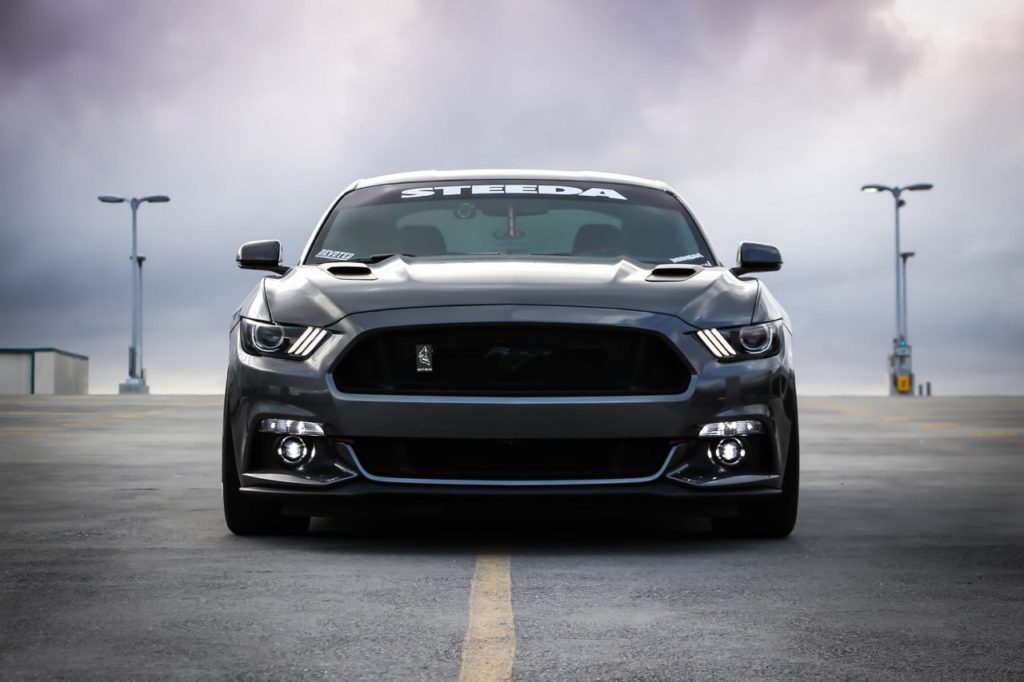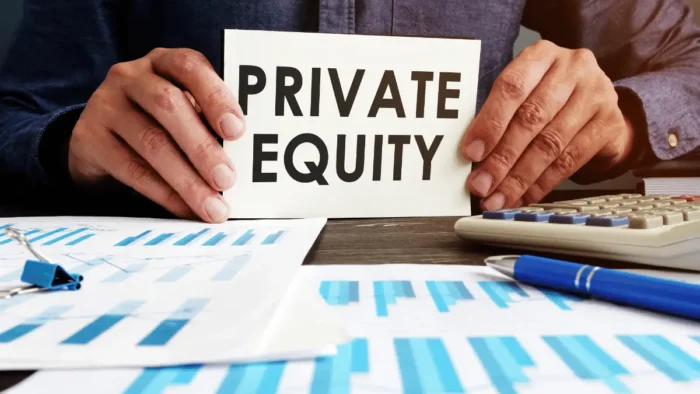Has your startup company considered leasing a car or truck to cut costs? A recent survey showed over 85 percent of current company car users wouldn’t work for another company if it didn’t provide a company car. However, it’s tougher for startup companies with less cash flow to purchase a new car, van, or SUV.
New companies should also try to avoid common startup business mistakes to survive the first few years in business. Leasing a company car can offer several financial benefits over purchasing a new one.
Improves company’s cash flow
Score.org reports this issue causes over 80 percent of small businesses to fail. Purchasing a new vehicle can be quite expensive. In 2021 Kelly Blue Book reported an average 4.3% year-over-year (YOY) increase in auto prices. A new vehicle can appear as a large liability for your business unless it’s a vintage or classic car. This situation could also negatively affect your company’s ability to secure new lines of credit, which could prevent making other big investments.
Meanwhile, the upfront costs of leasing vehicles are often much lower than financing them. You’ll also have a fixed rate for a pre-agreed time period. This feature makes it a fixed overhead cost that won’t create the risk of higher rates each month. As a result, your new company will have more cash flow for other business expenses. This, in turn, provides new business growth opportunities.
Related: How to Make Money Online with Cars
Provides business tax breaks
While running a business can be expensive, corporate tax deductions are one of the main perks. It’s important to review local and national tax laws to learn what you can and cannot write off as a business expense. When taking out a business car lease, you must agree to a mileage allowance. In the case your company exceeds this figure, you’ll be required to pay an “excess mileage charge” to the vehicle leasing company. This is found in the leasing terms & conditions.
The types of tax-deductible costs can vary. Some companies can deduct 100% of the extra mile payments and value-added tax (VAT) from corporate taxes. Meanwhile, in some cases, you can also claim the maintenance package as a deductible business cost. Such packages are a wise choice since they cover basic maintenance related to tires, brakes, etc.,. In some countries, you can also receive tax breaks for electric vehicles (EVs) and hybrid cars, based on the auto emissions produced.
Vehicle’s value won’t depreciate
Aside from the high costs of a new company truck or car, most vehicles also drop in value so they’re a liability. In fact, Edmunds reports vehicles driven off the lot to have an average 9% lower True Market Value (TMV). This includes including top cars and trucks 2021, which feature higher price tags and steeper depreciation. As a result, your company will be unable to recoup the money it spent on the investment. The business could receive a Return on Investment (ROI) by using the vehicle to deliver food, for example. However, the vehicle’s value itself will depreciate. Meanwhile, when you release a vehicle the monthly car leasing payments are built into the vehicle’s depreciation. It’s also a fixed asset so you could later renew the leasing contract or walk away.
While starting a new business can be big fun, it can also create huge costs such as new company cars. Leasing can save money. This is through benefits related to cash flow, tax breaks, and vehicle value. The bottom line is leasing can help your startup save money and get a new car every year.





